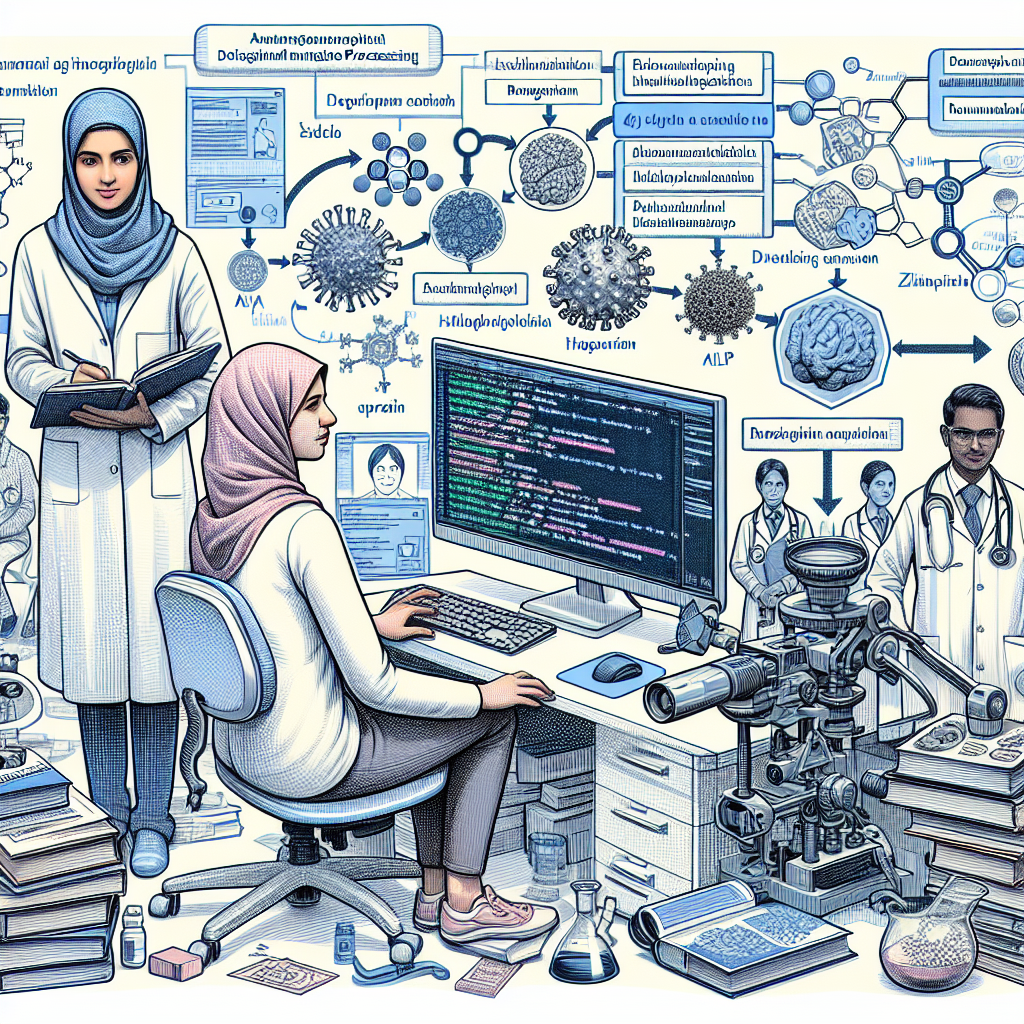Hey there, fellow health enthusiasts! Today, let’s dive into the fascinating world of Medical AI and how it is revolutionizing research advancements in the field of health innovation.
One of the most exciting developments in recent years is the use of Natural Language Processing (NLP) in analyzing medical literature for research purposes. NLP is a branch of artificial intelligence that focuses on the interaction between computers and human language. By utilizing NLP algorithms, researchers are able to sift through vast amounts of medical literature quickly and efficiently, extracting valuable insights and patterns that can inform future studies.
So, how exactly does this work? Well, imagine you have a massive database of medical journals and articles related to a specific disease or treatment. Using NLP technology, researchers can input search queries and algorithms will scan through the text, identifying key words, phrases, and concepts. This allows for rapid identification of relevant information and helps researchers stay up-to-date on the latest findings in their field.
The implications of this technology are truly groundbreaking. By automating the process of analyzing medical literature, researchers can save time and resources while also uncovering new connections and trends that may have been overlooked using traditional methods. This has the potential to accelerate the pace of medical research and drive innovation in healthcare.
As with any new technology, there are challenges to be overcome. Ensuring that NLP algorithms are accurate and reliable is crucial for producing meaningful results. Additionally, there are ethical considerations surrounding data privacy and bias that must be addressed to ensure that AI is used responsibly in research settings.
Overall, the use of Natural Language Processing in analyzing medical literature represents a major step forward in harnessing the power of AI for improving healthcare outcomes. By leveraging cutting-edge technology like NLP, researchers can unlock new insights and drive innovation in ways we never thought possible.
So next time you come across a groundbreaking study or innovative treatment option, remember that behind it all may be Medical AI working tirelessly to analyze mountains of data and uncover hidden gems within medical literature.

Leave a Reply